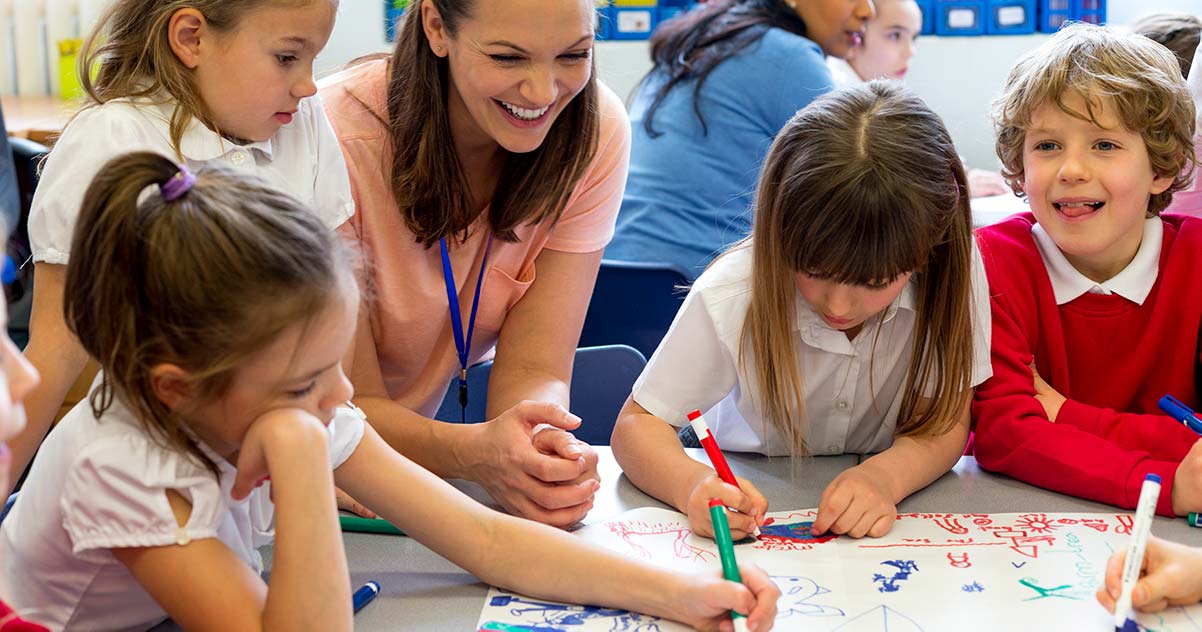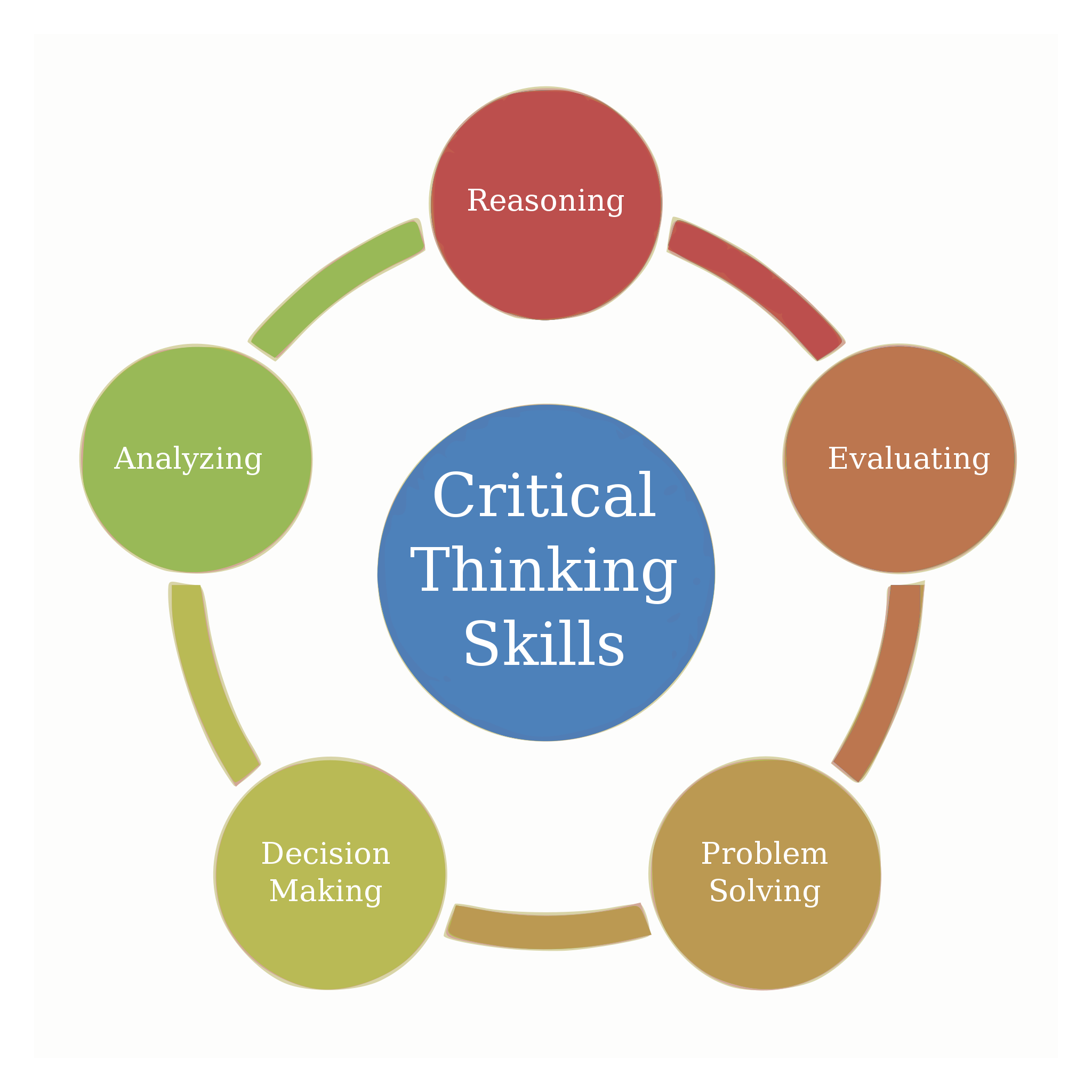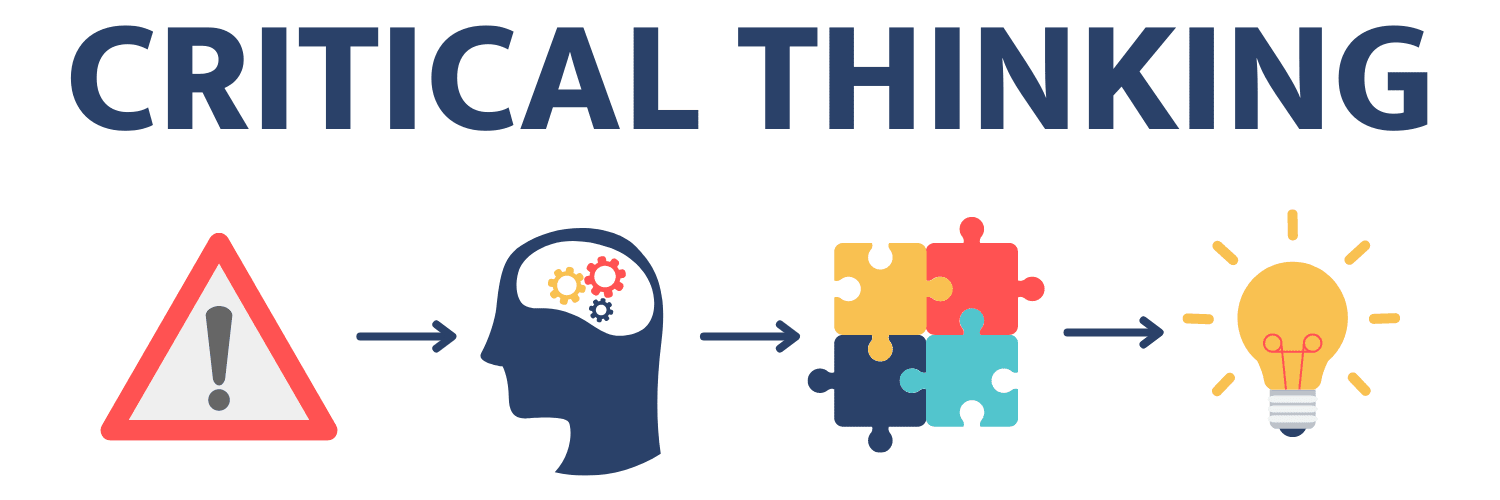Skill Building
Critically Solving Project
A platform for young innovators to learn next gen tech skills

Developing Critical Thinking Skills
Learning to think critically may be one of the most important skills that today’s children will need for the future. In today’s rapidly changing world, children need to be able to do much more than repeat a list of facts; they need to be critical thinkers who can make sense of information, analyze, compare, contrast, make inferences, and generate higher order thinking skills.
Building YOUR CHILD’S CRITICAL THINKING SKILLS
Building critical thinking skills happens through day-to-day interactions as you talk with your child, ask open-ended questions, and allow your child to experiment and solve problems.

Here are some tips and ideas to help children build a foundation for critical thinking:
 Provide opportunities for play. Building with blocks, acting out roles with friends, or playing board games all build children’s critical thinking.
Provide opportunities for play. Building with blocks, acting out roles with friends, or playing board games all build children’s critical thinking.- Pause and wait. Offering your child ample time to think, attempt a task, or generate a response is critical. This gives your child a chance to reflect on her response and perhaps refine, rather than responding with their very first gut reaction.
- Don’t intervene immediately. Kids need challenges to grow. Wait and watch before you jump in to solve a problem.
- Ask open-ended questions. Rather than automatically giving answers to the questions your child raises, help them think critically by asking questions in return: “What ideas do you have? What do you think is happening here?” Respect their responses whether you view them as correct or not. You could say, “That is interesting. Tell me why you think that.”
- Help children develop hypotheses. Taking a moment to form hypotheses during play is a critical thinking exercise that helps develop skills. Try asking your child, “If we do this, what do you think will happen?” or “Let’s predict what we think will happen next.”
- Encourage thinking in new and different ways. By allowing children to think differently, you’re helping them hone their creative problem solving skills. Ask questions like, “What other ideas could we try?” or encourage your child to generate options by saying, “Let’s think of all the possible solutions.”
Of course, there are situations where you as a parent need to step in. At these times, it is helpful to model your own critical thinking. As you work through a decision making process, verbalize what is happening inside your mind. Children learn from observing how you think. Taking time to allow your child to navigate problems is integral to developing your child’s critical thinking skills in the long run.
Get Started
It’s Never Too Late or Too Early to Get Started
Robonauts India is a pioneer in the field of Robotics education, our programs/Courses are globally acclaimed and have gained applaud from schools/Colleges, parents, and students.

